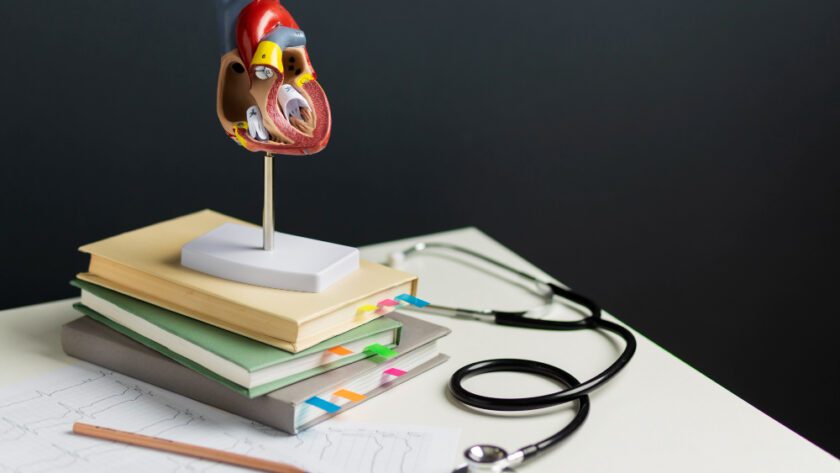Have you ever found yourself bewildered by the seemingly cryptic language of medicine? Medical terminology can indeed appear as an intricate web of unfamiliar words and phrases, but fear not! Learning the language of medicine is like learning a new dialect – with dedication, practice, and a bit of strategy, you can become fluent. In this blog post, we’ll guide you through the fascinating journey of mastering medical terminology.
Start with the Basics: Roots, Prefixes, and Suffixes
Just like building a house, mastering medical terminology begins with a solid foundation. In this case, that foundation consists of roots, prefixes, and suffixes. These are the fundamental building blocks of medical words. They often form one of the FAQs about learning medical terminology.
– Roots: These are the core of the word, often denoting a body part or system. For example, “cardio” refers to the heart.
– Prefixes: These come before the root and provide context. “Hypo,” for instance, means below or less than.
– Suffixes: These are added to the end of a word to modify its meaning. “Itis” indicates inflammation, so “carditis” is inflammation of the heart.
Learn Through Visual Aids
A picture is worth a thousand words, and this holds true in medicine too. Visual aids like diagrams, illustrations, and anatomical models can help you connect medical terms to the actual structures they represent. Consider investing in a good anatomy atlas or leveraging online resources with interactive 3D models.
Create Flashcards
Flashcards are a tried-and-true method for memorization. Create your own flashcards with the medical term on one side and its meaning, along with any relevant root, prefix, or suffix, on the other. Regularly reviewing these flashcards will help reinforce your memory.
Engage with Mnemonics
Medical mnemonics are clever memory aids that can make memorization easier and more fun. For example, to remember the cranial nerves’ order, you can use the mnemonic “Oh, Oh, Oh, To Touch And Feel Very Green Vegetables, AH!”
– Olfactory (I)
– Optic (II)
– Oculomotor (III)
– Trochlear (IV)
– Trigeminal (V)
– Abducens (VI)
– Facial (VII)
– Vestibulocochlear (VIII)
– Glossopharyngeal (IX)
– Vagus (X)
– Accessory (XI)
– Hypoglossal (XII)
Use Mnemonic Stories
To remember terms with complex spellings or meanings, create mnemonic stories. For example, “phlebitis” (inflammation of a vein) could be imagined as a story where a “fleet of white blood cells” invades a vein to cause inflammation.
Study in Context
Understanding medical terminology isn’t just about memorizing individual words. It’s about grasping how these words fit together in clinical scenarios. To do this, immerse yourself in case studies, medical literature, or even popular medical TV shows. This will help you see how medical language is used in real-world situations.
Explore Online Resources
The internet is a treasure trove of resources for learning medical terminology. Websites, forums, and educational platforms like Khan Academy, Coursera, and Quizlet offer courses, quizzes, and interactive exercises to enhance your learning.
Break It Down
Break down complex terms into their components. For instance, “cardiomyopathy” may seem intimidating at first, but when you recognize “cardio” for heart and “myo” for muscle, it becomes clear that it’s a condition affecting the heart muscle.
Group Similar Terms
Grouping related medical terms can help you understand patterns and associations. For instance, terms that end in “itis” generally refer to inflammation, while those ending in “oma” often denote tumors.
Practice, Practice, Practice
Learning medical terminology is akin to acquiring a new language. The more you practice, the better you become. Consider joining study groups, participating in medical terminology quizzes, or even shadowing healthcare professionals to see and hear the terms in action.
Don’t Fear Mistakes
Remember that everyone makes mistakes when learning something new. Medical terminology can be challenging, but don’t let the fear of making errors discourage you. Embrace your mistakes as opportunities to learn and improve.
Apply What You Learn
Practical application solidifies your understanding. Try to use medical terminology in your daily life. Describe symptoms or health conditions using the correct terminology, even if it’s just in your head. This habit will reinforce your knowledge.
Conclusion
Learning medical terminology may seem like scaling a mountain, but with the right approach, it becomes a manageable ascent. Start with a strong foundation, embrace visual aids, and employ memory-boosting techniques like mnemonics. Dive into real-world contexts, utilize online resources, and practice, practice, practice. Don’t be afraid to make mistakes, and most importantly, stay curious. You can then start to feel comfortable with the whole learning process. In time, you’ll not only speak the language of medicine fluently but also gain a deeper appreciation for the incredible world of healthcare. Happy learning!




